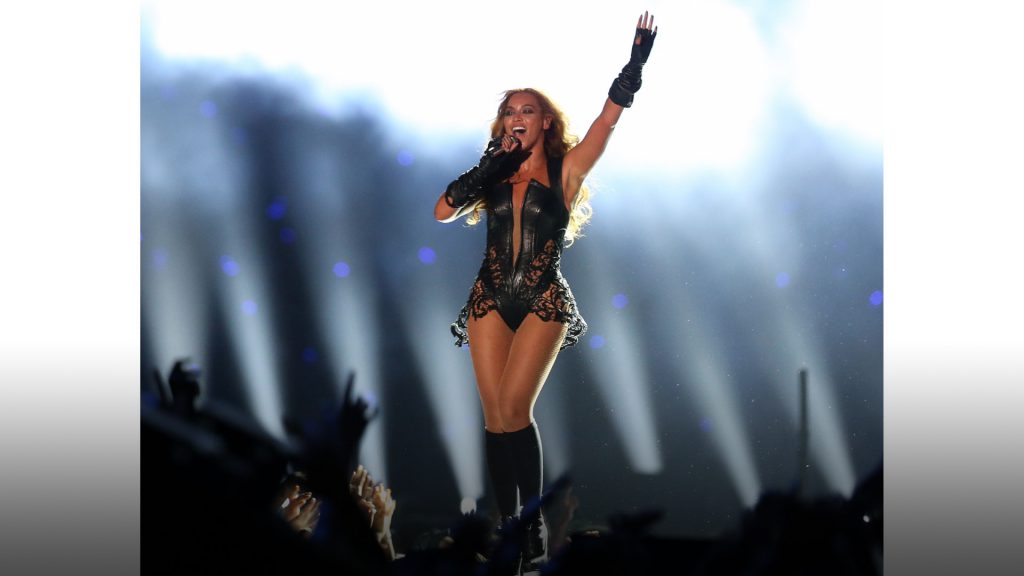Beyoncé’s Black Is King Celebrates Black Excellence
Beyoncé is known as an advocate for Black resilience and culture. So, it’s no surprise that her new release Black Is King celebrates what has always made her such a prevalent voice in the Black community.
The project is Beyoncé’s third visual album. Released exclusively on Disney+ on July 31, it comes more than four years after her second visual album Lemonade.
The hour-and-a-half-long release was written, directed and produced by Beyoncé. It serves as a visual companion to The Lion King: The Gift, an album written by Beyoncé for the animated remake of The Lion King (2019). In the movie, Beyoncé also voices the character of Nala, an animated lioness.
Black Is King tells the story of a young boy finding his identity through a journey filled with vibrant characters. The boy symbolizes a reflection of finding oneself, spotlights Black beauty, and being proud of one’s heritage.
Beyoncé opens the album with Bigger, a raw and emotionally captivating song. Echoing the lyrics “you’re part of something way bigger,” it’s a reminder to Black youth that their legacy matters.
The song Nile is filled with potent messages. The Nile, a powerful river in Northeastern Africa, has fed waterways to maintain agriculture for decades. Beyoncé and Kendrick Lamar use the river as a metaphor for African power in lyrics like “I got the Nile running through my body…refer to me as a goddess.”
Otherside is a sad lullaby with a theme of separation. It captures the uncertainties that come with saying goodbye in a dangerous world. With a sense of melancholy, it also depicts the need to show loyalty to loved ones so they know they’re not alone.
Brown Skin Girl seeks to empower brown-skinned females across the globe. Famous actors like Naomi Campbell, Lupita Nyong’o and Kelly Rowland—as well as Beyoncé’s mother and daughters—appear on the video.
But Black Is King goes further than the music.
With camera angles and shots that look straight out of National Geographic, the visuals are the perfect companion to the album. It includes breath-taking shots of undisclosed locations in Southern and Western Africa, the United Kingdom, and the United States.
Beyoncé’s longtime hairstylist Neal Farinah celebrated Black beauty through floor-length braids, silky weaves, and Bantu knots. Costume designer Zerina Akers shows off her ability to make Beyoncé represent African culture by making her look breathtaking throughout.
Black Is King is a story that ties in with deep themes of heritage and self-discovery. In times when Black people are struggling to be heard, statements like this are very important.
Beyoncé’s ability to use her talent and platform to tell meaningful messages shows why she’s miles ahead of her competition—Black is King but Beyoncé is Queen.




